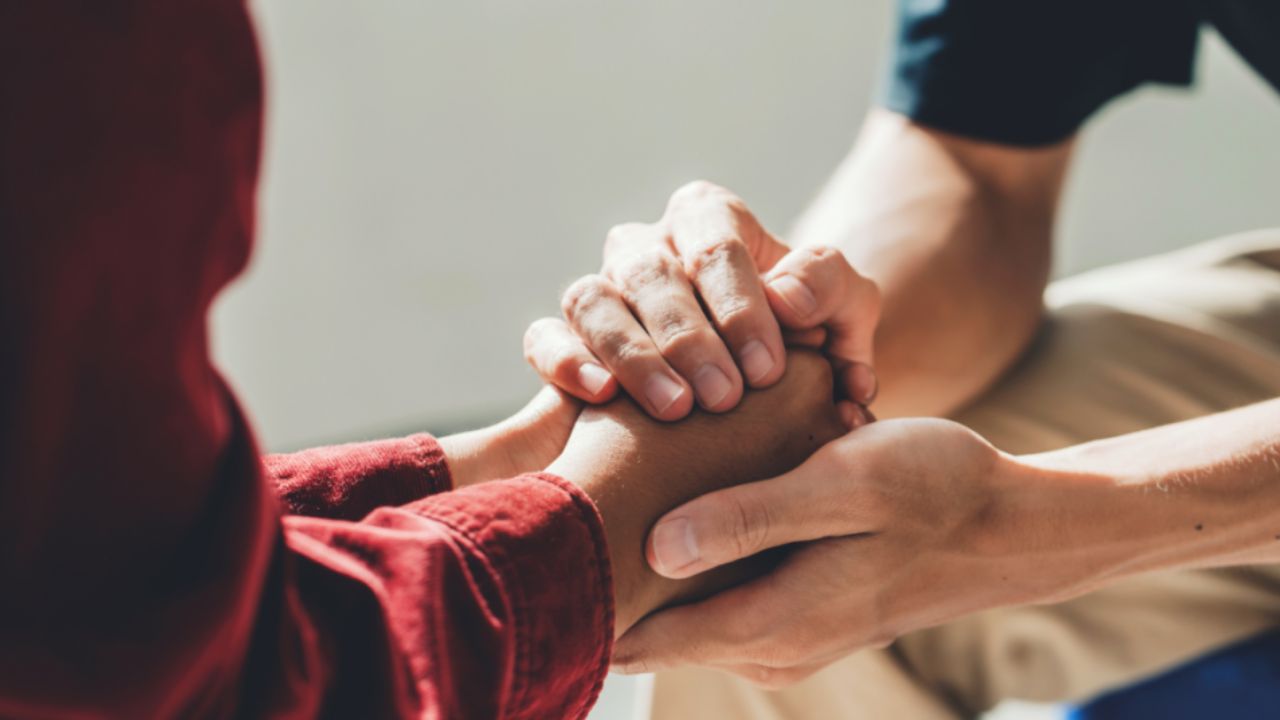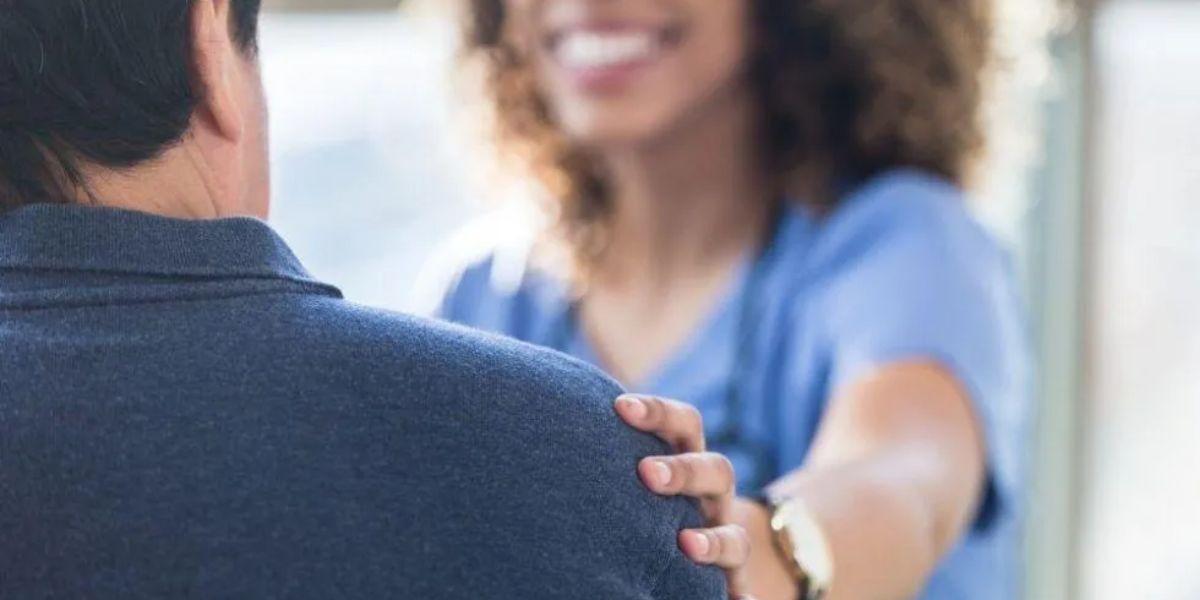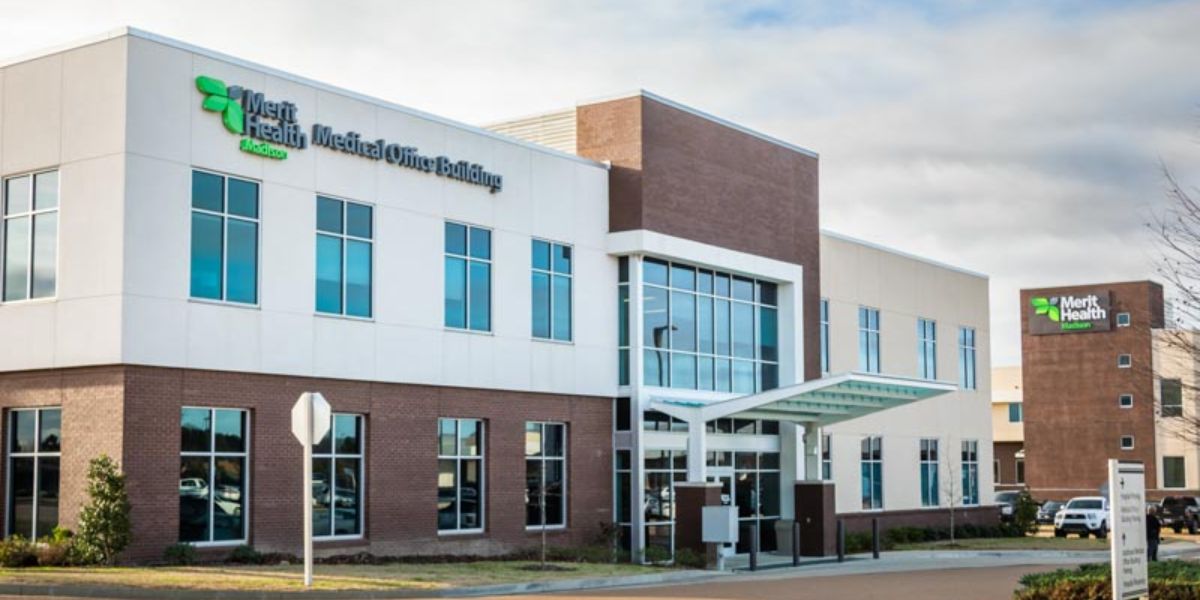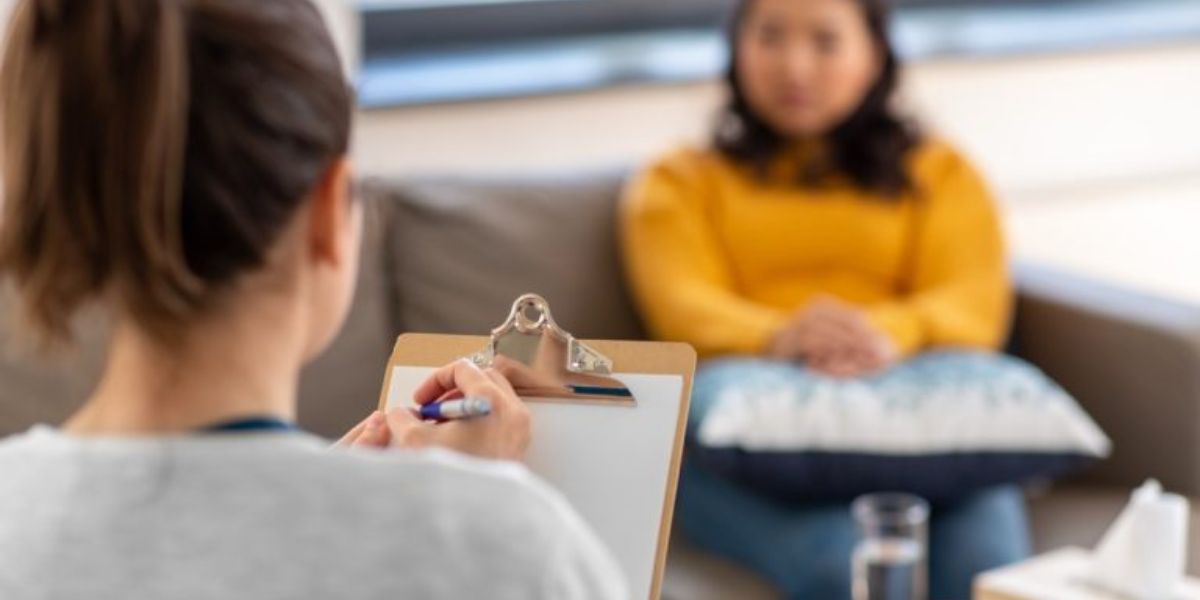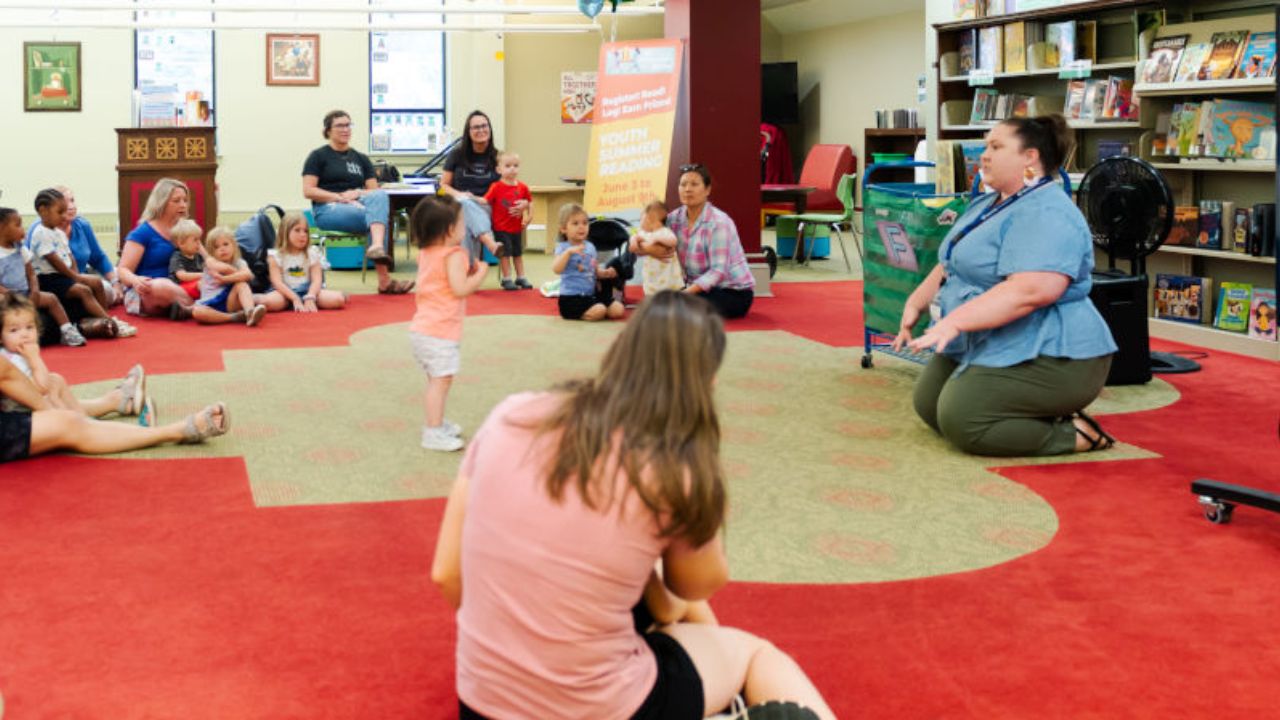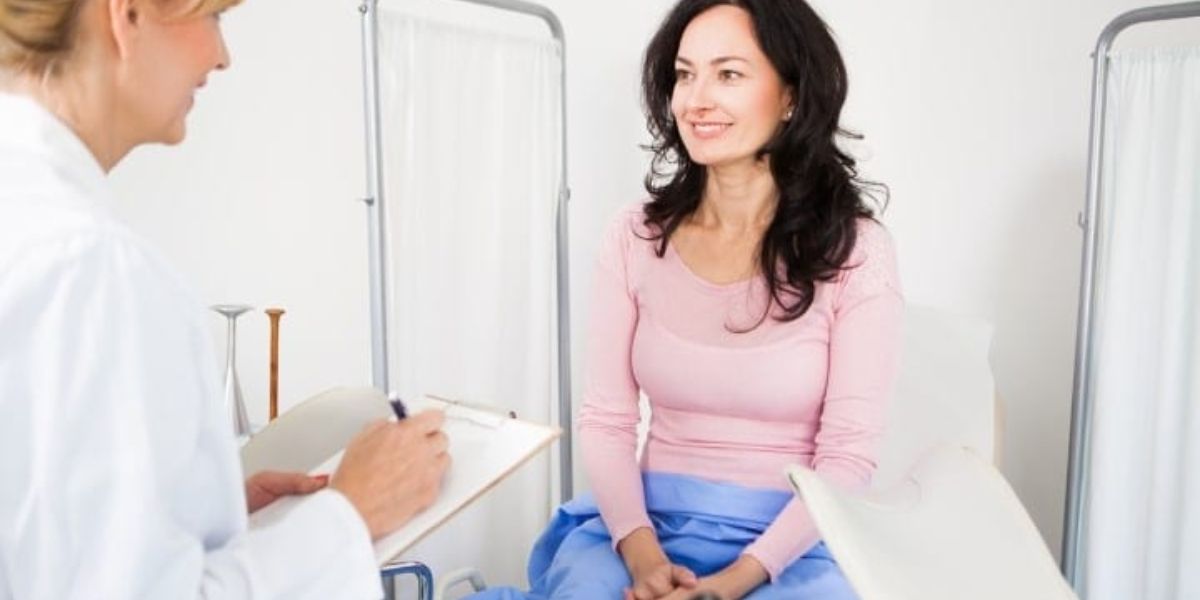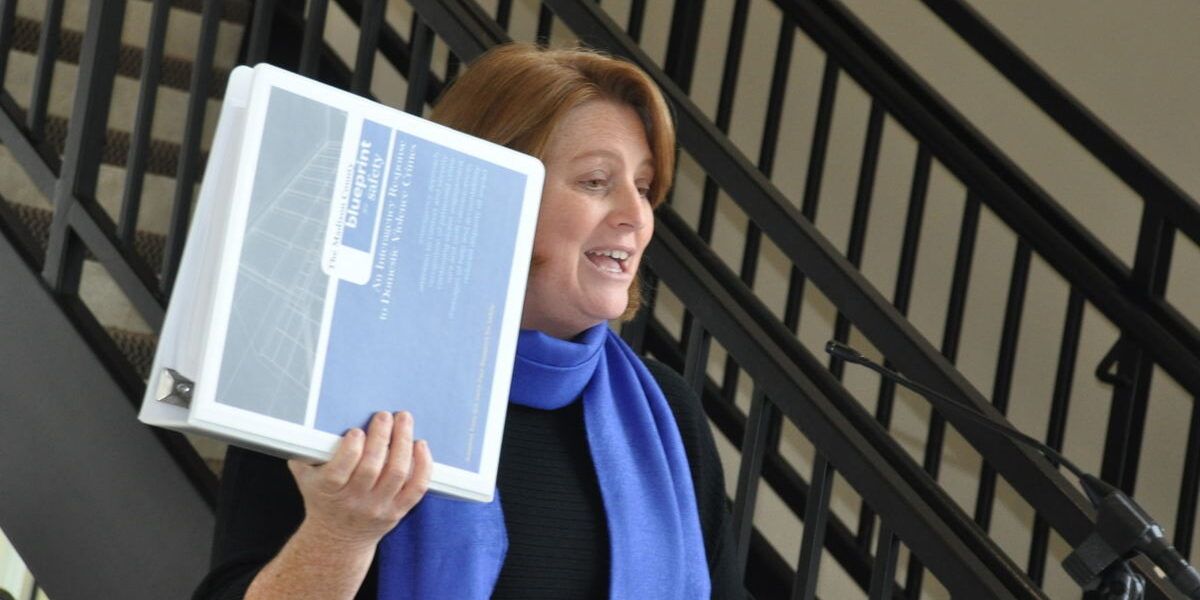Peer recovery coaches have become one of the most impactful pillars of support in Madison County’s addiction recovery landscape. Their lived experience, understanding of local challenges, and ability to connect with individuals on a personal level make them uniquely effective in guiding residents through some of the most difficult chapters of their lives. As addiction continues to affect families across the county, peer-led support is helping bridge gaps in care, rebuild trust, and strengthen long-term recovery outcomes.
What Peer Recovery Coaches Do in Madison County
Peer recovery coaches are trained professionals who have lived experience with substance use, treatment, and recovery. Their role goes far beyond encouragement; they provide structured guidance, accountability, and real-world strategies rooted in personal experience. In Madison County, coaches work alongside clinics, hospitals, schools, and community programs to support individuals wherever they are in their recovery journey.
Table of Contents
Their responsibilities often include:
- Helping individuals set realistic recovery goals
- Providing emotional support during relapses or crises
- Connecting people to treatment, counseling, or medication-assisted treatment
- Helping navigate transportation, appointments, and community resources
Because they understand addiction firsthand, their presence often builds trust more quickly than traditional clinical relationships.
Why Peer Support Matters for Addiction Recovery
Recovery is not a linear process. Many individuals in Madison County face overlapping challenges including unemployment, housing instability, chronic health conditions, and gaps in family support. Peer recovery coaches understand the weight of these challenges because they have experienced them personally.
This shared experience reduces feelings of isolation and increases willingness to engage in treatment. Research consistently shows that peer involvement:
- Improves treatment engagement
- Reduces relapse rates
- Enhances mental health outcomes
- Strengthens long-term recovery stability
In a community like Madison County—where access to treatment has improved but stigma remains a barrier—peer-to-peer support offers a level of connection that clinical care alone cannot provide.
Integration With Local Health and Recovery Services
One of the strengths of Madison County’s approach is the integration of peer recovery coaches into multiple care settings. Clinics offering medication-assisted treatment, including programs led by local primary care providers, often pair coaching with medical services to ensure whole-person support. Behavioral health centers partner with coaches to help clients stay engaged in counseling and support groups.
Emergency departments in the county have also embraced peer recovery models. When someone arrives after an overdose or crisis episode, peer coaches can meet them at the bedside, talk about what they are experiencing, and offer immediate pathways to recovery. This warm-hand-off model significantly improves follow-through compared to traditional referrals.
How Peer Coaches Support Families in Madison County
Addiction affects entire families, not just individuals. Peer recovery coaches often serve as vital links between recovering individuals and their loved ones. They help parents understand treatment options, guide spouses through communication challenges, and provide reassurance during difficult periods.
For families who may not know where to turn, peer coaches offer:
- Education about addiction and recovery
- Strategies for healthy boundaries
- Support during treatment transitions
- Tools to maintain hope and resilience
In a community where many families face generational cycles of substance use, this type of support is essential.
Overcoming Barriers Faced by Madison County Residents
Madison County residents often encounter barriers such as transportation, lack of insurance, limited access to specialty care, and social stigma. Peer recovery coaches play a crucial role in addressing these challenges. They help individuals apply for insurance coverage, find low-cost treatment options, secure transportation for appointments, and engage with harm-reduction programs.
Their advocacy helps residents feel less overwhelmed and more confident navigating the recovery system.
Real Impact on Recovery Outcomes in the Community
The impact of peer recovery coaches in Madison County is visible across clinics, support groups, and community health programs. Many individuals who previously cycled through relapse are experiencing greater stability because they finally have someone who understands their challenges and stands beside them consistently.
Stories shared by local clients highlight how small steps—like a text reminding them of an appointment or someone accompanying them to their first group meeting—can make a life-changing difference. This personal connection is helping build a stronger, healthier community.
The Future of Peer Recovery Coaching in Madison County
As local health systems continue integrating addiction services into primary care and behavioral health programs, the demand for peer recovery coaches is expected to grow. County leaders and community health organizations are working to expand training opportunities and increase the availability of peer support across Madison County.
With continued investment and community partnerships, peer recovery programs will play an even greater role in reducing overdose risks, improving mental health outcomes, and strengthening long-term recovery for residents.
Call to Action
Peer recovery coaches are transforming lives every day in Madison County, offering hope, guidance, and support when individuals need it most. If you or someone you know could benefit from peer-led support, explore local resources and reach out to Madison County Community Health Coalition to learn more. Share your thoughts, experiences, or questions in the comments below to help others understand the power of community-based recovery support.



